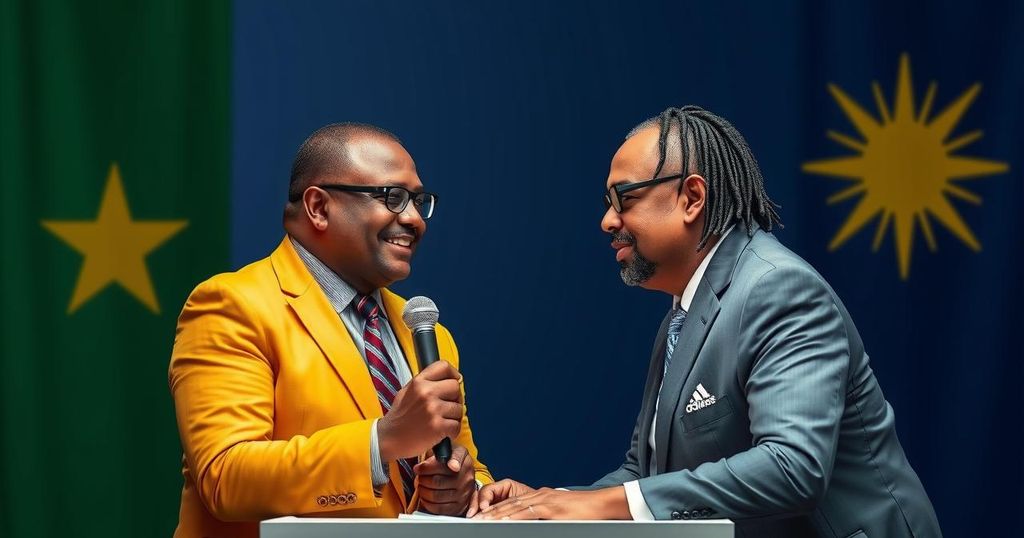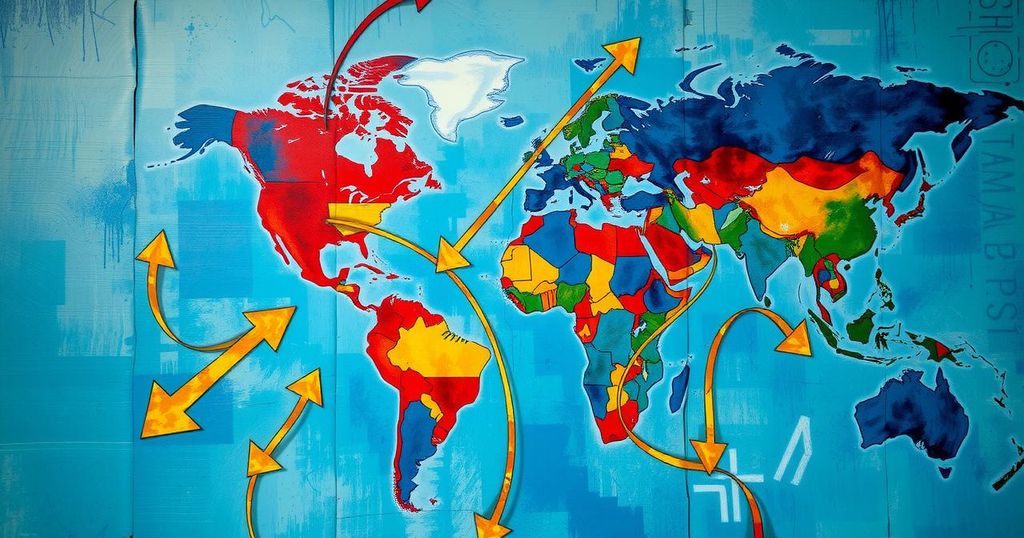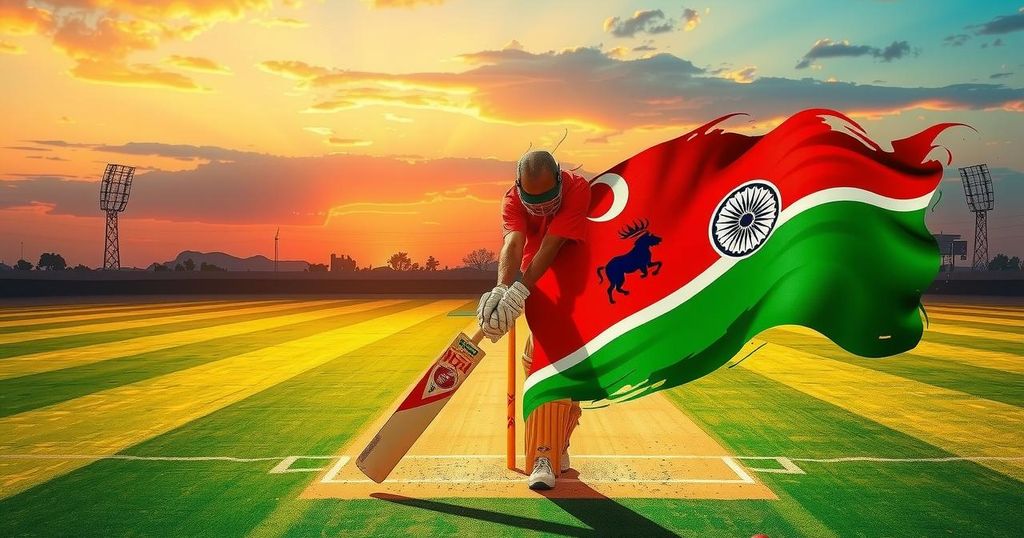Namibia’s Pivotal Elections: A Contest for Leadership and Future Direction
Namibia is conducting its most fiercely contested election in 34 years as voters choose between leading candidates Netumbo Nandi-Ndaitwah of the ruling Swapo and Panduleni Itula of the IPC. Key issues such as unemployment and corruption impact public sentiment. Polling showcases high voter engagement, especially among the youth, who may influence the election’s outcome. The results will determine the future direction of the nation’s governance after the death of President Hage Geingob.
Voting is currently underway in Namibia, marking a pivotal moment in the nation’s political landscape as it braces for its most competitive election since gaining independence from South Africa 34 years ago. Netumbo Nandi-Ndaitwah, representing the ruling South West Africa People’s Organization (Swapo), aspires to become the nation’s first female president following the death of President Hage Geingob in February. The election process has been complicated by rising issues such as unemployment, poverty, inequality, and corruption, which have diminished support for Swapo.
Nandi-Ndaitwah’s principal opponent is Panduleni Itula of the Independent Patriots for Change (IPC), along with 14 others vying for the presidency. As polling commenced, long lines at polling stations signified a engaged electorate, eager to participate in the democratic process. Polling started at 7:00 AM local time and will conclude at 9:00 PM. Swapo has maintained power since Namibia’s independence in 1990 but faces potential challenges, especially if no candidate secures the required majority, which would lead to a run-off between the top contenders. Nandi-Ndaitwah highlighted the importance of voting, stating it would significantly influence the lives of Namibians over the next five years.
In an evolving political climate, she confronts a backdrop of entrenched male dominance in leadership roles within the country. Itula, who previously garnered 29% of the votes against Geingob in the 2019 elections, stressed the significance of this day for Namibia’s democracy as he exercised his right to vote. As the country elects both a president and new members of parliament, the impact of young voters, constituting a majority of the electorate, could be crucial to the election’s outcome. Namibia is characterized by its vast and peaceful terrain, home to a population of approximately three million, with nearly half eligible to participate in the elections.
Namibia has undergone considerable political and social transformation since gaining independence in 1990. The ruling Swapo party has dominated the political scene for over three decades. The 2024 election is particularly significant due to the recent death of President Hage Geingob, creating a leadership vacancy and prompting the emergence of new contenders, particularly female candidates like Netumbo Nandi-Ndaitwah, who seeks to challenge the longstanding male political hierarchy. Additionally, economic challenges such as poverty and unemployment have eroded public confidence in the ruling party, making this election a critical point for potential change. With a large proportion of young voters, the election could significantly reshape Namibia’s future governance.
In conclusion, the ongoing election in Namibia represents a crucial juncture for the nation, as it seeks to navigate its democratic ideals amidst complex social and economic challenges. With candidates like Netumbo Nandi-Ndaitwah aiming to break gender barriers in leadership and Panduleni Itula positioning as a formidable challenger, the electoral outcome will likely hinge on the engagement of young voters and their aspirations for a more equitable society. The results will determine whether Swapo can maintain its dominance or if there will be an ushering in of new political dynamics.
Original Source: www.bbc.com




Post Comment